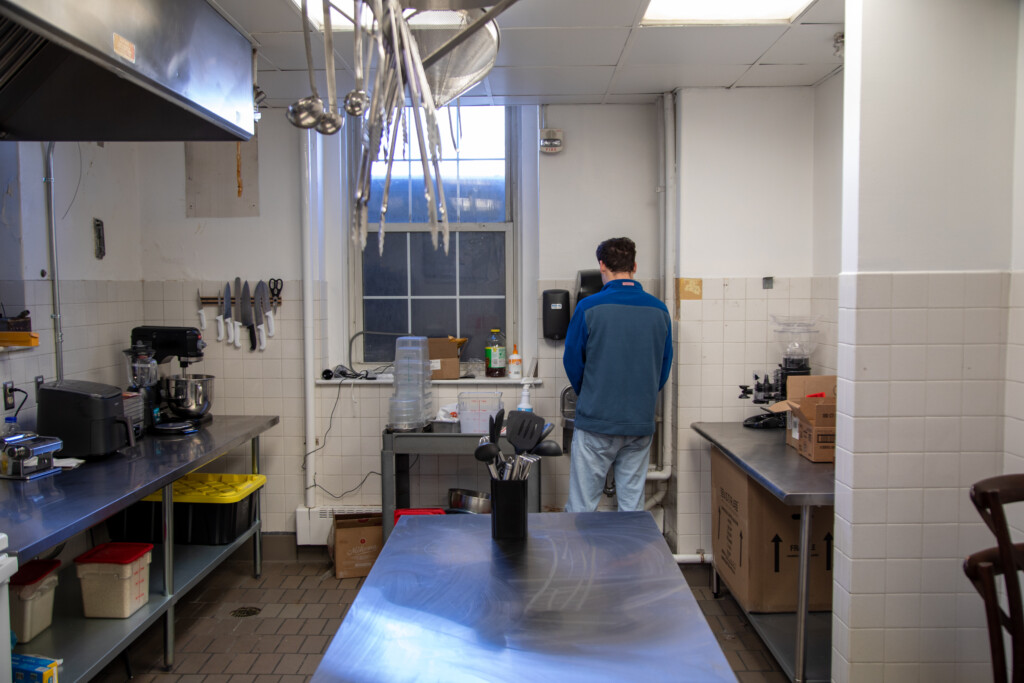Professor of Mechanical Engineering, Mathematics and Biomedical Engineering Alfred Clark gave a talk on the evolution of computational tools on Jan. 16, sponsored by the River Campus Libraries.
Clark remarked on the advancement of technology through the decades, specifically in its accuracy, speed and portability.
“My first choice as to which decade displayed the most advancement in computational technology would be the 1980’s,” Clark said.
“That is the decade in which personal computers went from being rare and esoteric toys to being a mainstream part of many offices and households. One could also make a case for the ’90s as the decade in which the Internet became widely used.”
The advancements have been just as remarkable for students, which can be seen specifically in their class projects.
Clark gave examples of extraordinary projects his students have created over the past ten years with the help of tools they utilized through computer programs.
Students, having access to computer programs, have acquired the necessary skills exhibited in professionals today.
Clark also went into detail on the positive impact that e-mail, which first emerged in the early 1990s, has had in changing the society in many ways, primarily in allowing instant communication.
Computers have come a long way – the earliest models didn’t have a disk drive or monitor and relied on the television set for visualization.
“There were, of course, machines that calculated in the pre-computer age, and it is hard to know whether to call them computers or calculators,” Clark said. “One such machine was Babbage’s analytical engine – another was the Jacquard loom, a weaving loom which could be programmed.”
He gave examples of his own real life experience with e-mail and life before it.
Throughout, Clark related the technology to his own personal experiences, stating that these experiences are typical of his generation’s with emerging technology.
In one example, Clark explained the convenience of e-mail in being able to respond to a student’s question or concern immediately and how that efficiency contributes to the quality of understanding for the student.
At present, computers have become a main source of communication, while serving many other functions including information storage, sorting, retrieval and visualization.
Clark related these achievements specifically to his successful students who have the ability to solve realistic problems, present complex results in simple graphical form and acquire full professional skills while still in school.
Lund can be reached at
slund@campustimes.org.

